Introduction to Chess Calculators
Chess, the strategic board game, has evolved significantly since its inception over a millennium ago. As the game developed, so did the methods to assess and enhance player performance. Today, various tools are available that offer insights into who is winning a game and how a player can improve their gameplay. Chess calculators, also known as chess engines or chess analysis tools, play a pivotal role in this modern digital chess era.
The Role of Chess Engines
Chess engines are designed to analyze chess games and provide evaluations of the positions on the board. They can simulate human-like thought processes and calculate thousands of positions per second to predict outcomes and offer potential moves. The strength of these engines has made them invaluable not only for individual players seeking to improve but also for professionals who include them in their training regimens.
How Chess Engines Evaluate Positions
Chess engines use a complex system of algorithms and deep learning to evaluate positions. They assign a numerical value to each position, commonly known as the evaluation score, which suggests which player has the advantage. A positive score indicates an advantage for White, while a negative score favors Black. These scores are calculated through various parameters including material count, positional dominance, king safety, and other strategic elements.
Top Chess Engines
Several engines have dominated the landscape of digital chess analysis. Each comes with its nuances and strengths catering to various levels and styles of chess play.
Stockfish
Widely regarded as one of the strongest chess engines available, Stockfish is renowned for its depth of analysis and speed. It is an open-source engine, which allows developers from around the world to contribute to its continuous improvement. Stockfish provides detailed evaluations and future game scenario predictions, making it a favorite amongst top-level players and chess enthusiasts.
Komodo
Komodo emphasizes positional understanding rather than just brute processing power. It tends to favor positional play over material, which aligns closely with human grandmaster strategies. This makes Komodo particularly useful for players who focus on strategic rather than tactical games.
Leela Chess Zero (LCZero)
Leela Chess Zero, inspired by Google's AlphaZero, uses a neural network-based approach. Unlike traditional engines that rely heavily on a predefined set of algorithms, LCZero learns from each game it plays, making it capable of innovative and human-like moves. This learning capability allows it to adapt its strategy over time, offering a unique tool for players looking to understand deeper nuances of the game.
Choosing the Right Chess Calculator
Selecting the right chess engine depends largely on the user's needs:
- Level of Play: Amateur players might benefit more from user-friendly interfaces and simpler analysis, while advanced players might look for detailed critiques.
- Training Focus: Some engines provide better positional analysis, while others excel in endgame tactics or opening preparation.
- Software Compatibility: Compatibility with other digital chess tools and platforms can be a deciding factor.
Conclusion
Chess calculators have become an integral part of the modern chess experience, offering deeper insights and understanding of the game than ever before. Whether it’s Stockfish’s detailed evaluations, Komodo’s strategic emphasis, or LCZero’s innovative learning approach, these tools can significantly influence a player's development and enjoyment of the game. As technology advances, the future of chess calculators looks promising, with enhancements that will perhaps blur the lines between human intuition and artificial intelligence in chess strategy.
Explore our large collection of luxurious chess sets!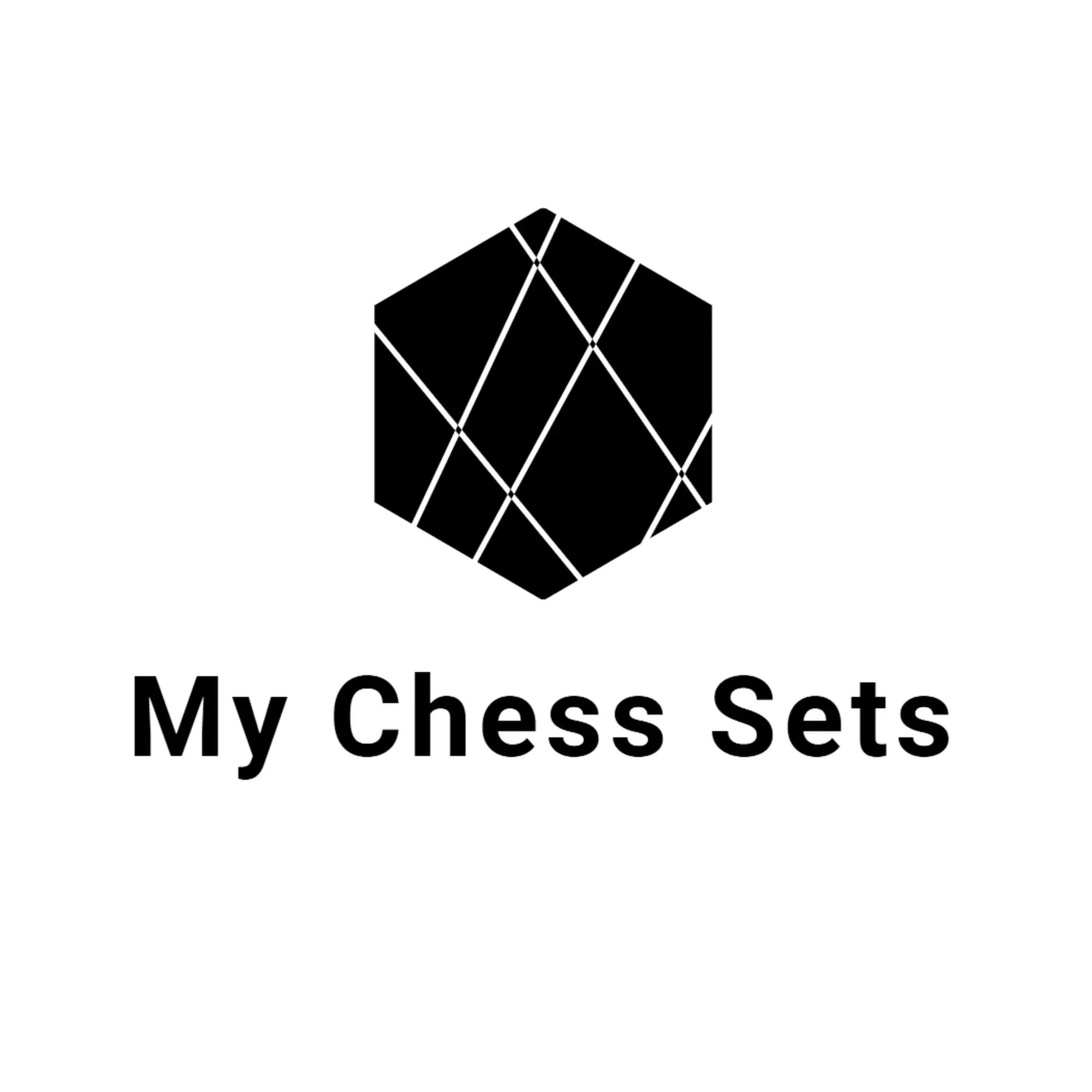


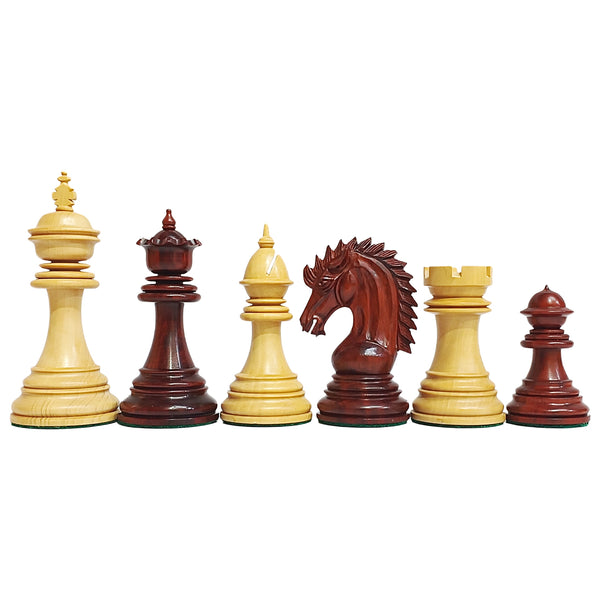













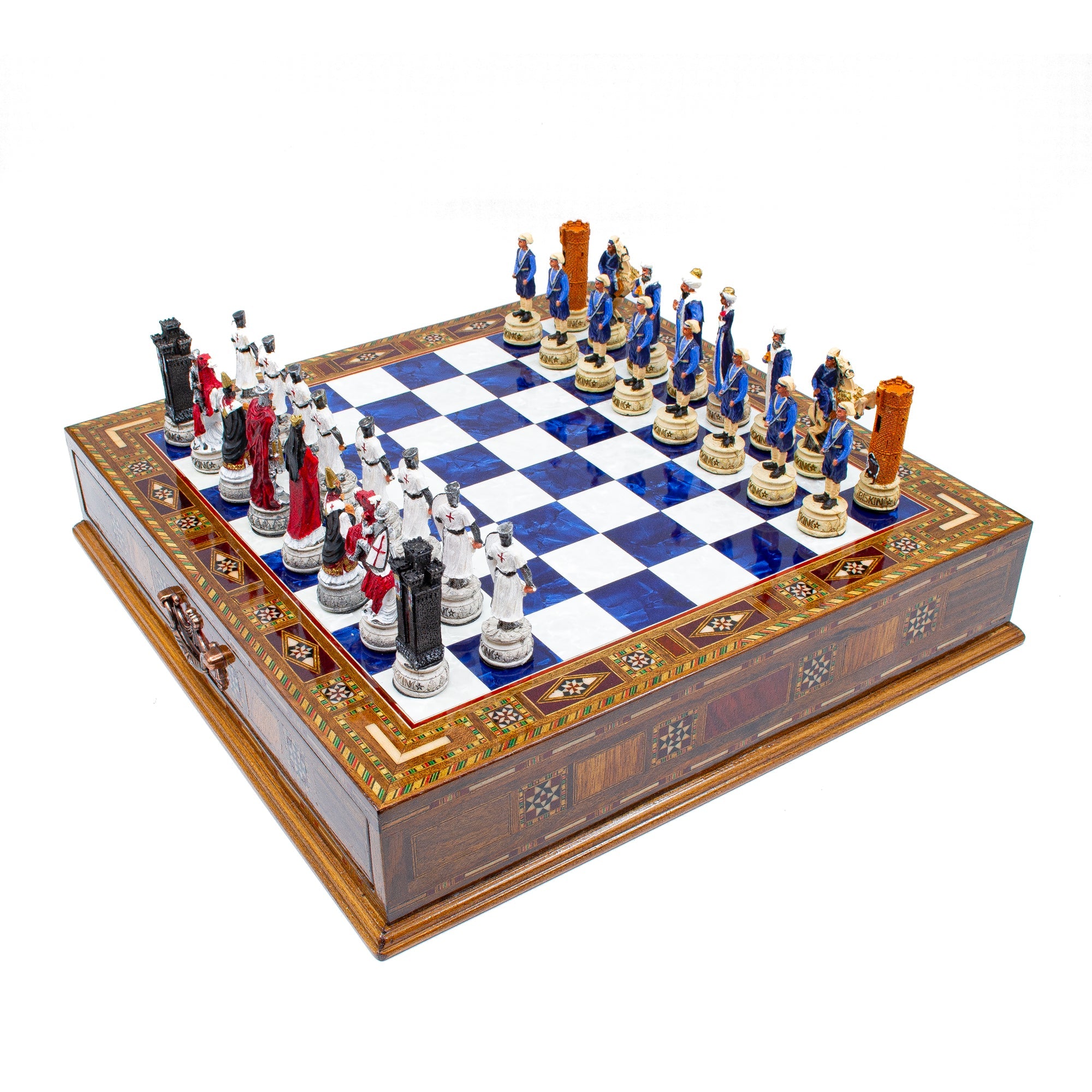
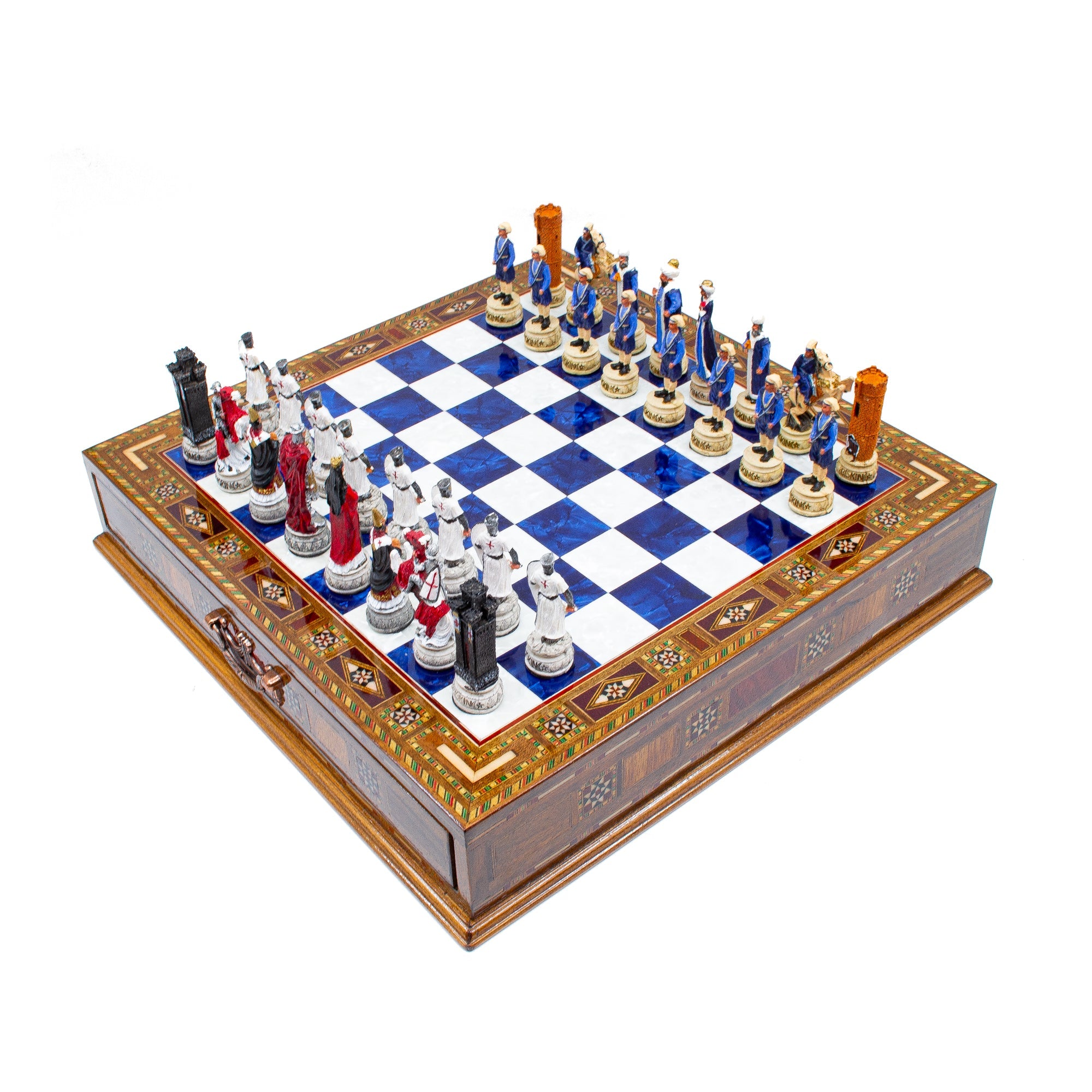
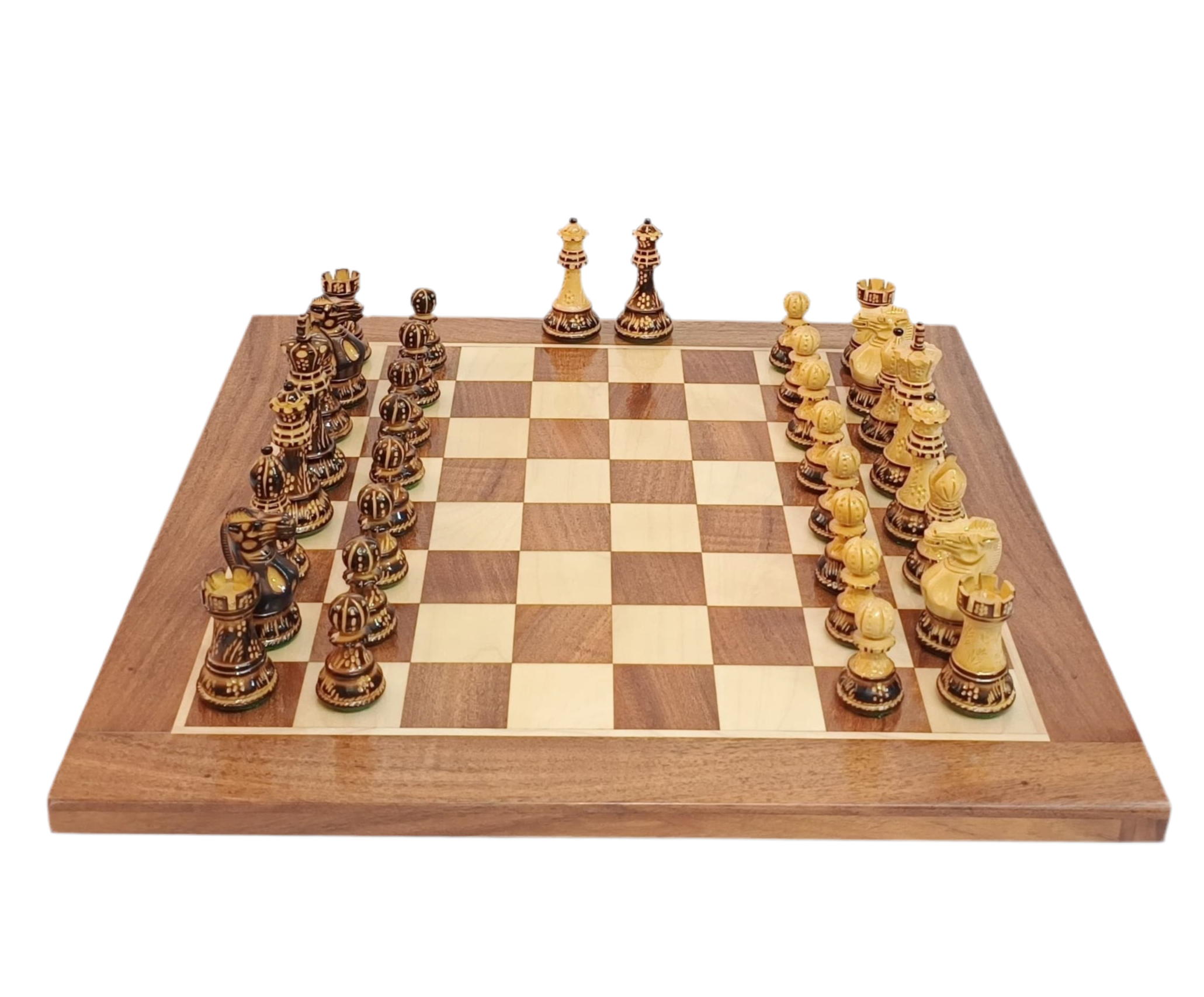






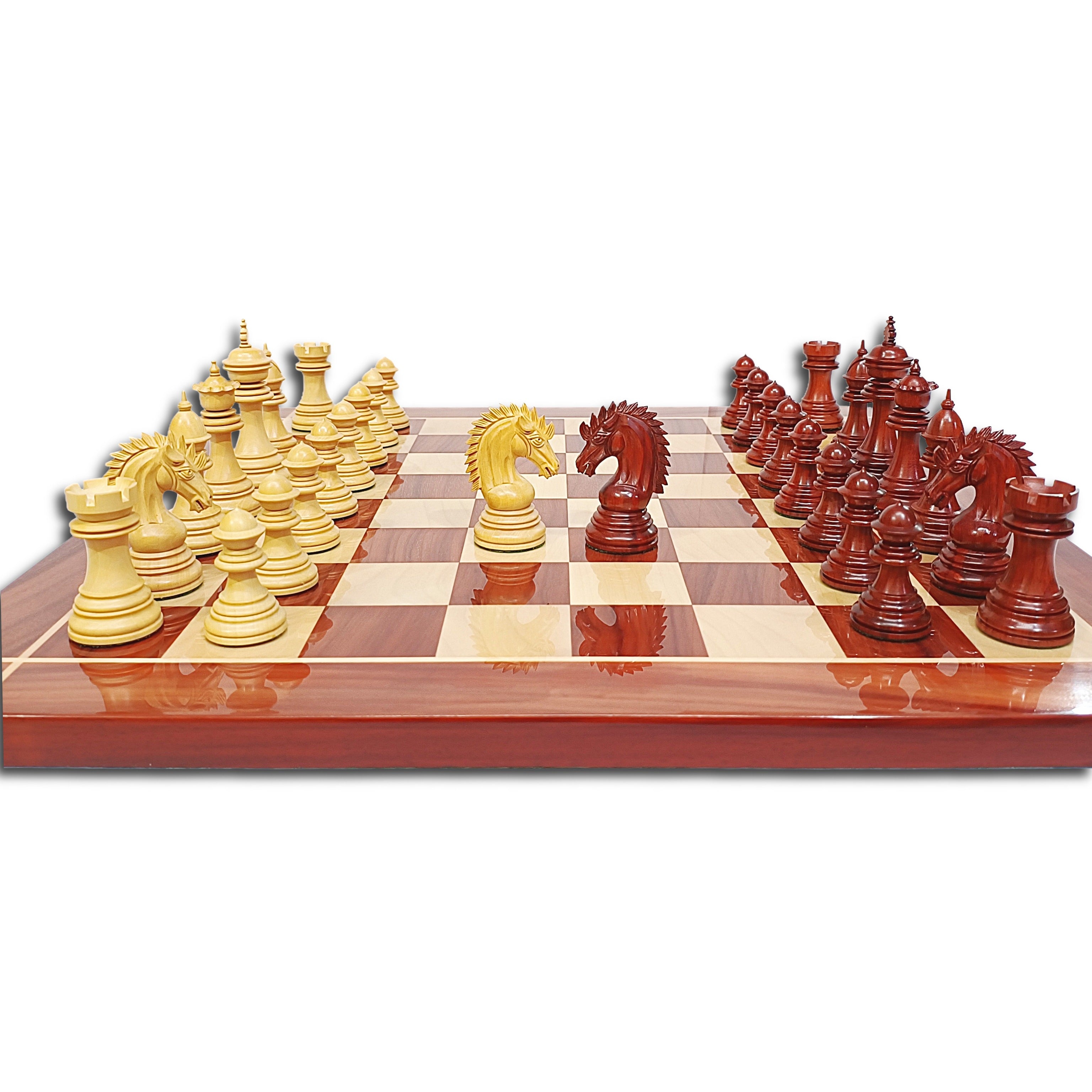
















Leave a comment
All comments are moderated before being published.
This site is protected by hCaptcha and the hCaptcha Privacy Policy and Terms of Service apply.